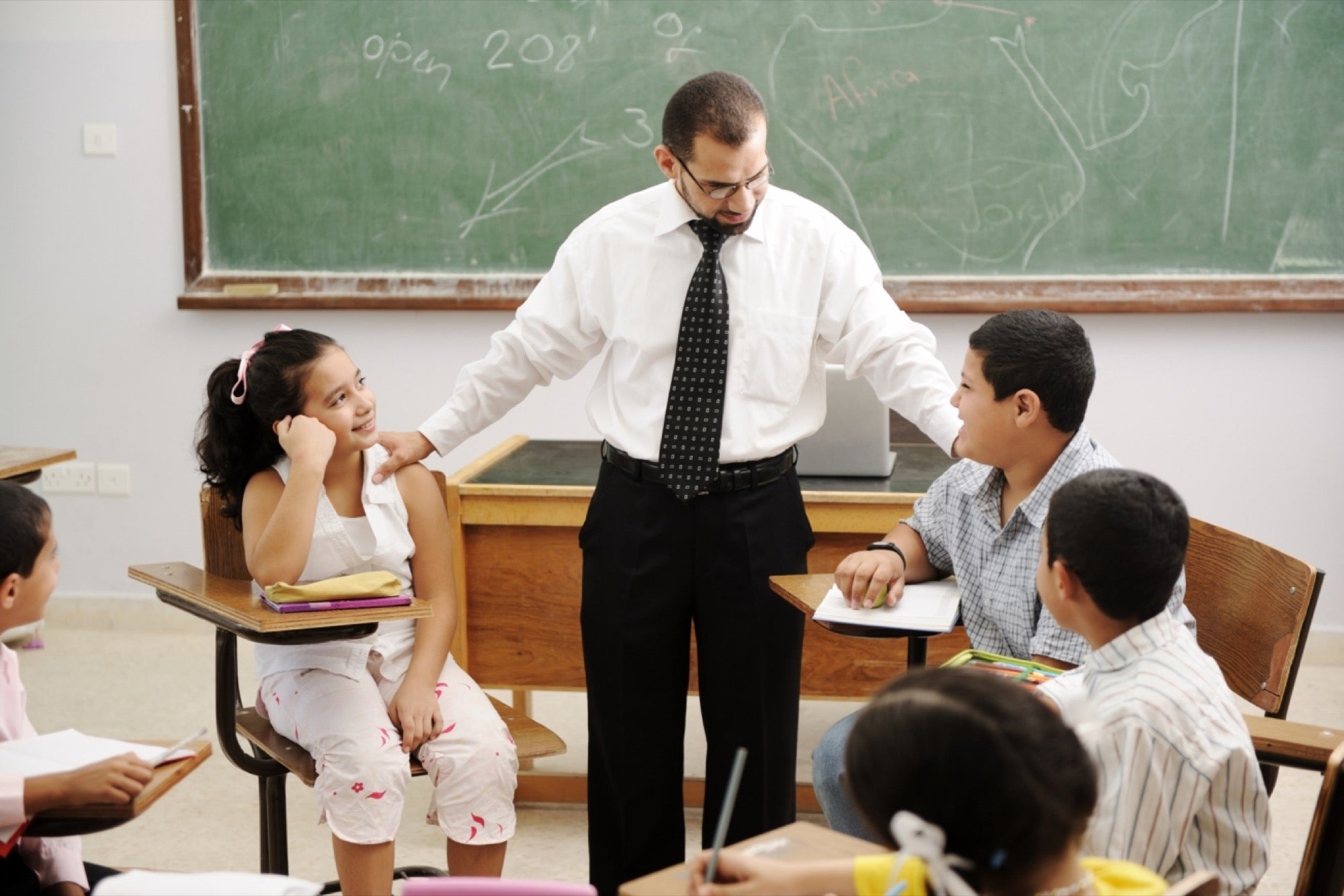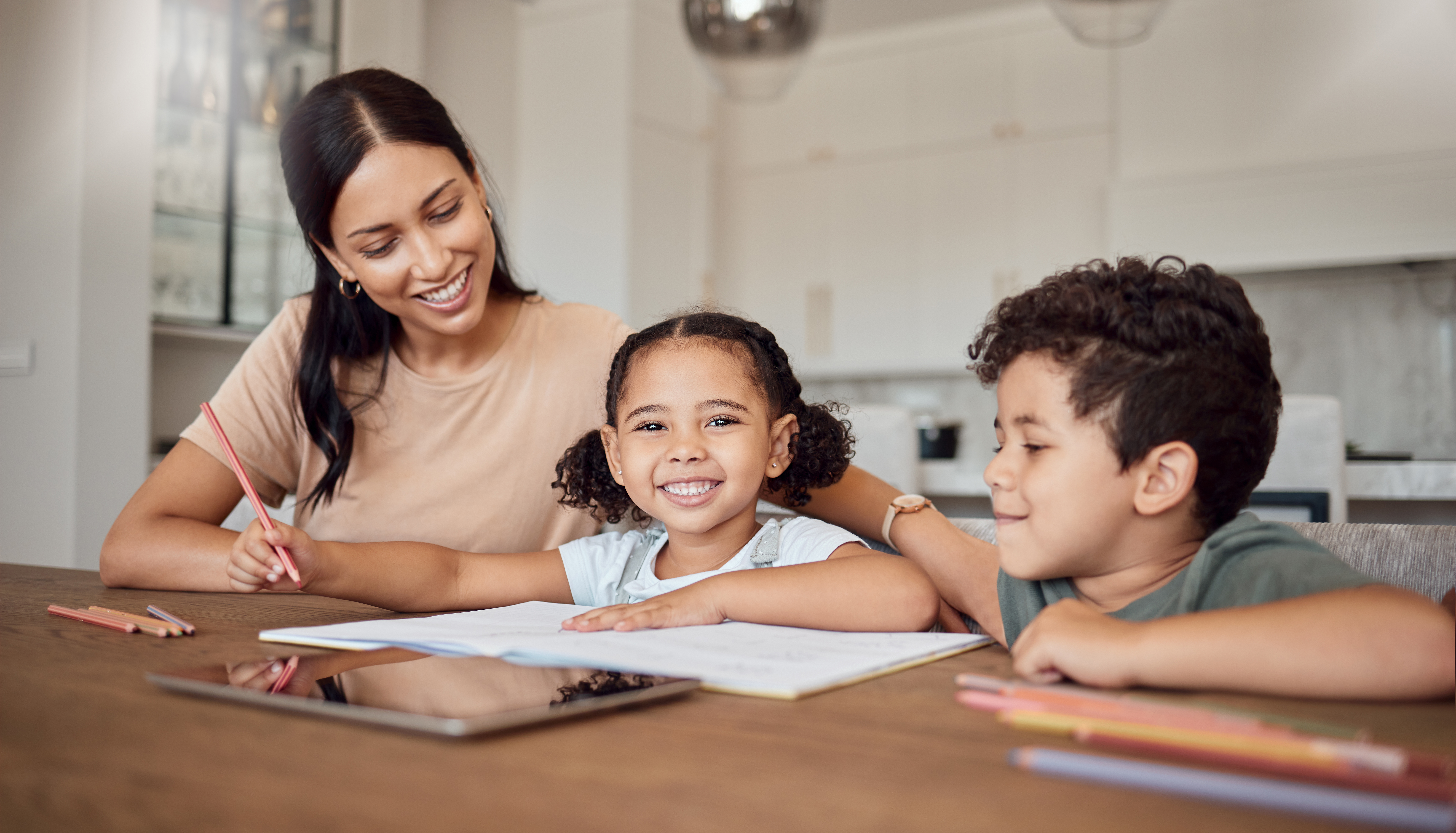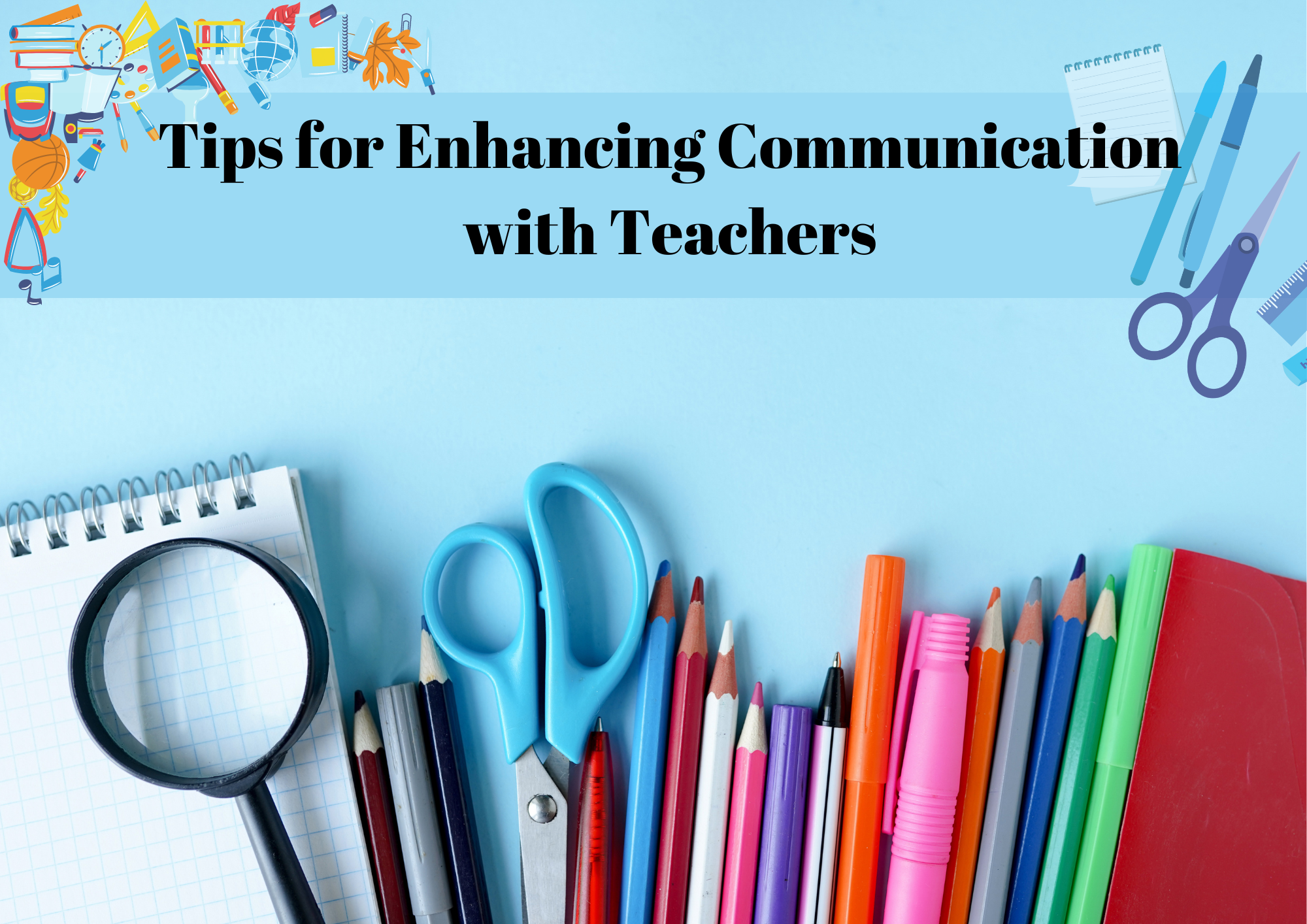Effective Parent-teacher communication is a cornerstone of a child’s educational journey. As parents, being actively involved in your child’s education not only fosters a supportive learning environment but also contributes significantly to their academic and personal development.
Education is a collaborative effort, and the relationship between parents and teachers plays a pivotal role in creating a conducive learning environment for students.
By establishing open lines of communication, Parent-teacher communication can work together to address challenges, celebrate achievements, and ensure the overall well-being of the child.
The introduction will also highlight the broader context of parental involvement in education, emphasizing its importance beyond academic success.
Engaging with teachers goes beyond report cards and parent-teacher conferences; it involves understanding the school system, its policies, and actively participating in various aspects of school life.
Understanding the School System

Parents may find it beneficial to familiarize themselves with the intricacies of the school system. Understanding the school’s structure, policies, and the roles of different educators enhances parents’ ability to navigate the educational landscape effectively.
Overview of the School Structure and Roles of Teachers:
Education systems can vary, and each school may have its unique structure. Providing parents with an overview of the school’s organization, the roles of teachers, administrators, and support staff helps create a comprehensive understanding.
This knowledge enables parents to know whom to approach for specific concerns and facilitates smoother communication.
Importance of Parents Understanding the School’s Policies and Procedures:
Schools have policies and procedures in place to ensure a safe and conducive learning environment. This section will emphasize the significance of parents being aware of and adhering to these policies.
Understanding procedures for communication, handling disciplinary matters, and participating in school events contributes to a harmonious relationship between parents and the school community.
Establishing a Positive Relationship

Building Rapport with Teachers:
Creating a positive connection with teachers involves more than just attending parent-teacher conferences. Parents can actively engage with teachers through regular communication, expressing interest in the child’s progress, and demonstrating a willingness to collaborate.
The Impact of a Positive Parent-Teacher Relationship on a Child’s Development:
Research consistently highlights the positive correlation between a strong parent-teacher relationship and a child’s academic success and socio-emotional well-being.
Effective Communication Strategies
Once a positive relationship is established, maintaining effective communication becomes paramount. This section provides practical guidance on various communication strategies, both formal and informal, that parents can employ to stay informed and engaged in their child’s educational journey.
Regular Parent-Teacher Conferences:
Parent-teacher communication serve as a structured platform for discussing a child’s progress, strengths, and areas for improvement. Guidance on scheduling and attending conferences, preparing questions, and actively participating in these meetings will be provided.
Scheduling and Attending Conferences:
Discussing the importance of scheduling and attending conferences, addressing any reservations parents may have, and highlighting the collaborative nature of these meetings.
Preparing Questions and Concerns in Advance:
Encouraging parents to come prepared with questions and concerns ensures that the conference time is utilized effectively.
Utilizing Communication Channels:

Email Communication:
Offering guidelines on effective email communication, including the tone, content, and frequency of messages. Emphasizing the importance of clarity and conciseness in written communication.
Online Portals and Apps:
Discussing the benefits of utilizing online platforms and apps provided by schools to access grades, assignments, and important announcements. Exploring how these tools can enhance parent-teacher communication and involvement.
Phone Communication:
Recognizing the significance of verbal communication and providing tips for effective phone conversations with teachers. Addressing the potential challenges and solutions when communicating over the phone.
Active Listening and Open Communication
Effective communication is a two-way street, involving not only expressing oneself but also actively listening. This section delves into the importance of active listening in parent-teacher interactions, encourages an open and honest dialogue, and provides insights into resolving conflicts constructively.
Importance of Active Listening in Parent-Teacher Interactions:
Actively listening to teachers’ insights and concerns fosters a collaborative environment. This part will outline practical strategies for parents to enhance their listening skills during discussions with teachers.
Encouraging an Open and Honest Dialogue:
Emphasizing the value of transparent Parent-teacher communication. Encouraging parents to share their observations, concerns, and expectations openly while being receptive to teachers’ feedback.
Resolving Conflicts and Misunderstandings Constructively:
Acknowledging that conflicts may arise and providing guidance on addressing them constructively. Highlighting the importance of finding common ground and working together to resolve disagreements for the benefit of the child.
Involvement in School Activities
Active participation in school activities strengthens the connection between parents and the school community.
Participating in School Events and Activities:
Encouraging parents to attend school events, performances, and parent-teacher association meetings. Discussing the positive impact of active participation on the school community and the child’s sense of belonging.
Volunteering Opportunities for Parents:
Highlighting the diverse volunteering opportunities available in schools, such as assisting in classrooms, organizing events, or contributing to school projects. Exploring the benefits of volunteering for both parents and the school.
Joining Parent-Teacher Associations (PTAs) and Committees:
Delving into the role of PTAs and committees in facilitating communication and collaboration between parents and teachers. Providing insights into how joining these groups can contribute to school improvement initiatives.
Supporting Homework and Classroom Learning

Understanding the Curriculum:
Offering guidance on understanding the curriculum, including key subjects, learning objectives, and assessment methods. Exploring ways for parents to stay informed about changes in the curriculum and educational standards.
Providing a Conducive Environment for Homework and Study:
Discussing the importance of creating a designated and supportive study environment at home. Offering tips for managing distractions, establishing a homework routine, and fostering a positive attitude towards learning.
Seeking Clarification on Academic Expectations:
Encouraging parents to seek clarification from teachers on academic expectations, grading criteria, and any concerns about their child’s progress. Providing guidance on initiating these discussions in a respectful and collaborative manner.
Special Considerations for Different Grade Levels

Tips for Communicating with Elementary School Teachers:
Recognizing the unique dynamics of elementary education and offering tips for effective communication with primary school teachers. Discussing age-appropriate ways to engage with teachers and support a child’s early educational experiences.
Strategies for Effective Communication with Middle School Teachers:
Addressing the transitional phase of middle school and providing insights into effective communication strategies. Discussing the importance of maintaining involvement as children navigate the challenges of adolescence.
Understanding the Dynamics of High School Parent-Teacher Communication:
Acknowledging the increasing independence of high school students and the evolving role of parents. Offering guidance on staying engaged in a way that respects the growing autonomy of teenagers while ensuring continued support.
Recognizing Signs of Academic or Behavioral Issues:
Providing insights into common signs that may indicate academic or behavioral challenges. Encouraging parents to stay vigilant and maintain open communication with teachers to address concerns promptly.
Seeking Guidance and Support from Teachers and School Staff:
Discussing the role of teachers and school staff in providing guidance and support to parents. Emphasizing the importance of reaching out when concerns arise and leveraging the expertise of educators to address challenges.
Collaborating on Solutions for Improvement:
Highlighting the collaborative nature of problem-solving between parents and teachers. Offering strategies for working together to develop and implement solutions that support the child’s academic and personal development.
Conclusion
In the concluding section, key points from the entire discussion will be summarized. The importance of ongoing Parent-teacher communication will be reinforced, emphasizing that it is a dynamic process that evolves as the child progresses through different grade levels.
Summarizing Key Points:
Reiterating the key takeaways from each section, emphasizing the importance of understanding the school system, building positive relationships, and employing effective communication strategies.
Reinforcing the Importance of Ongoing Communication:
Emphasizing that Parent-teacher communication is not a one-time event but an ongoing process. Encouraging parents to stay actively involved in their child’s education and to adapt their communication strategies as needed.









